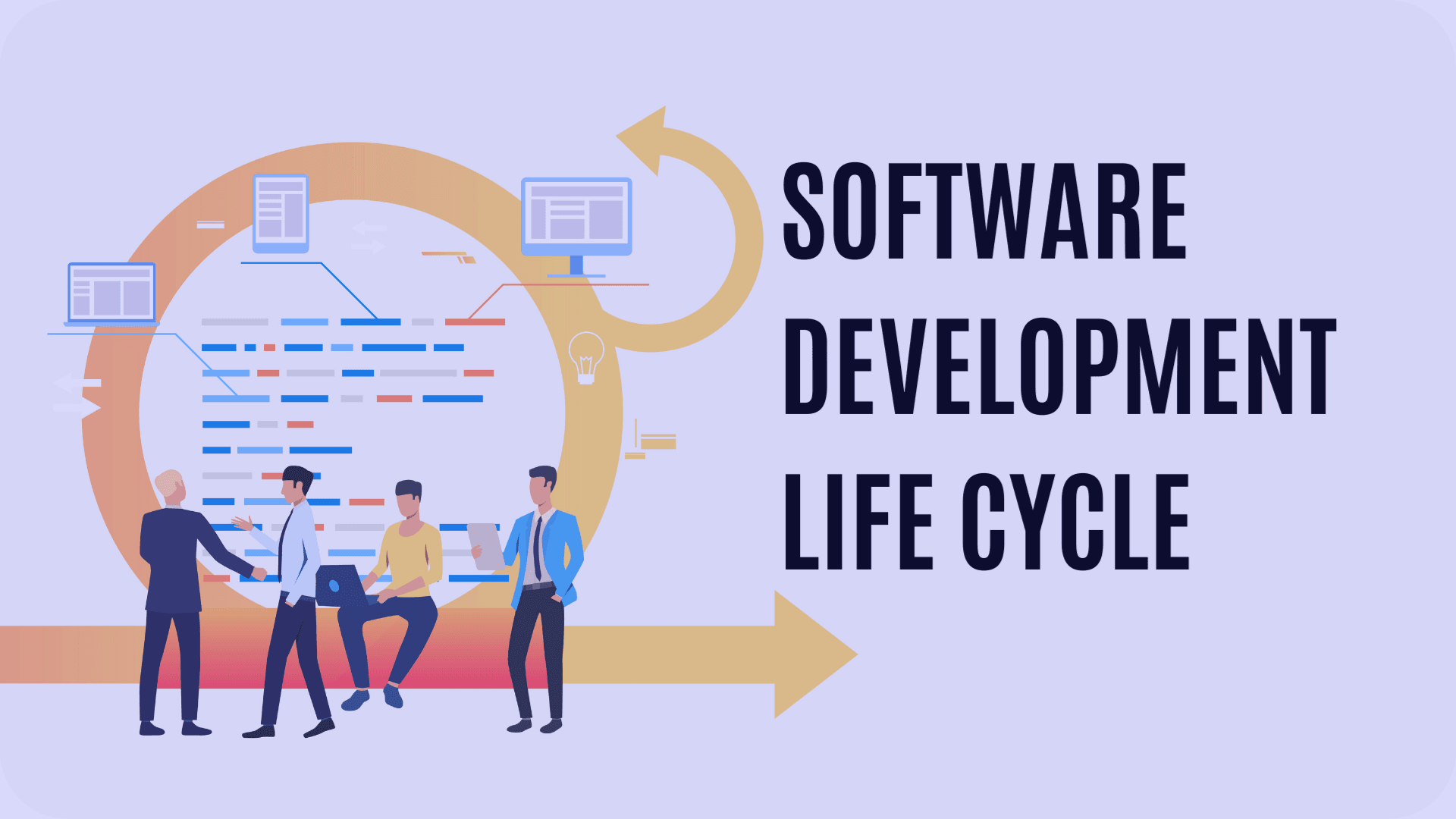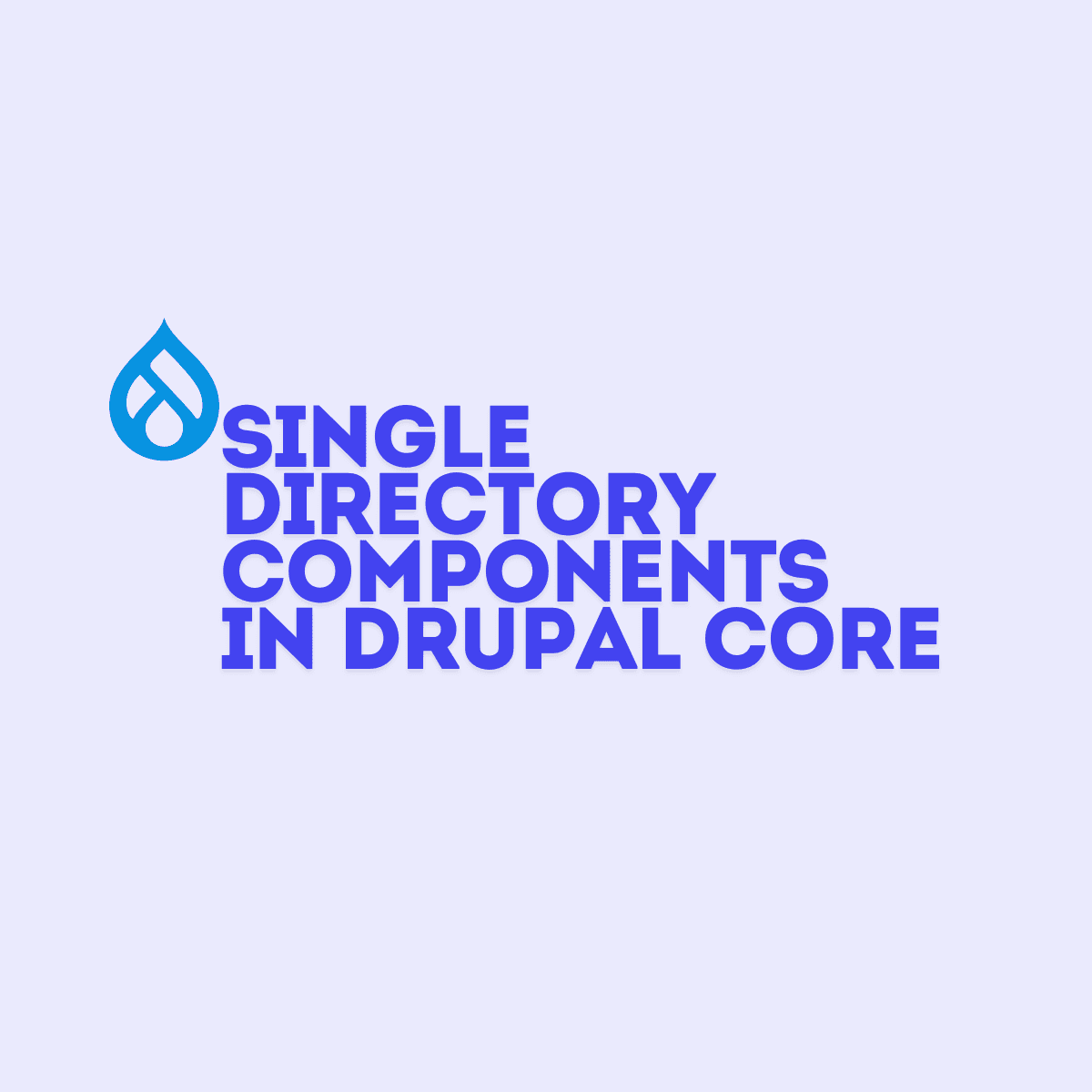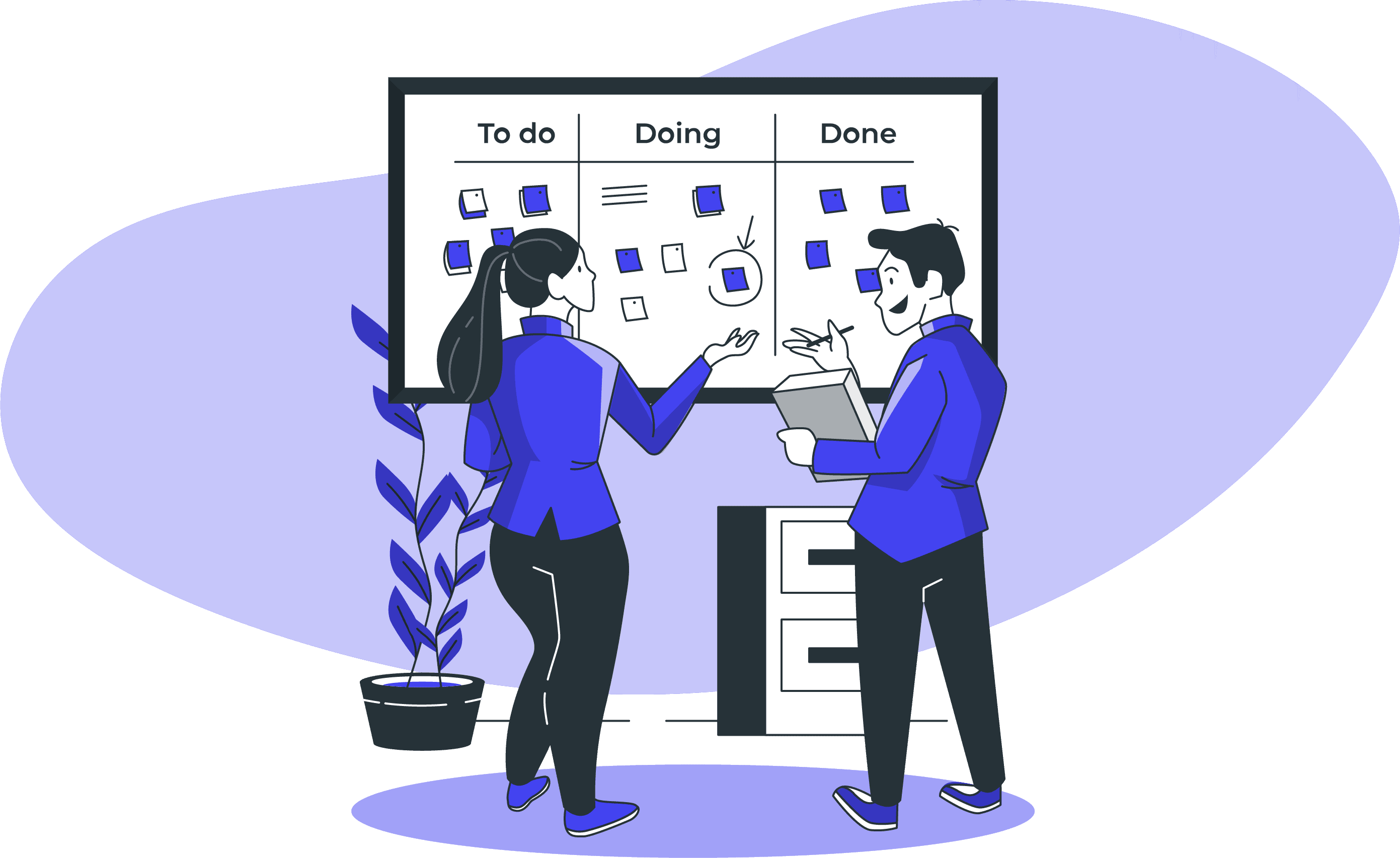Share this article:
The importance of the right development partner in your software development life cycle

In the rapidly evolving landscape of software development, the right development partner is not just a choice; it's a pivotal decision that can shape the success of your entire project. When you embark on a software development journey, you're essentially entering into a partnership that transcends code and algorithms. This article delves into why choosing the right development partner holds the key to unlocking the full potential of your software development life cycle.
Understanding the role of a software development partner
Defining the software development partner
A software development partner is more than a service provider. They are an extension of your team, sharing your goals and aspirations, and actively contributing to the realisation of your vision. Unlike a mere vendor, a partner is deeply invested in your success.
Why a partner and not just a provider?
Imagine the difference between a transactional relationship and a genuine partnership. A provider offers solutions, but a partner collaborates, strategies, and innovates alongside you. It's the difference between a one-time project and a long-term relationship aimed at mutual growth.
The dynamics of a successful partnership
The best partnerships are built on trust, transparency, and effective communication. When you find a partner who aligns with your values and understands your business intricacies, you set the stage for a harmonious and productive collaboration.
Navigating the software development life cycle
The phases of software development
The software development life cycle comprises various stages, from concept and planning to deployment and maintenance. A capable development partner contributes expertise and insights at each step, ensuring a holistic approach.
Partner's role in each development phase
In the ideation phase, a partner helps refine your vision and strategise for success. During development, their technical prowess comes to the forefront. Testing and quality assurance benefit from their keen eye for detail. And even after deployment, a partner provides support and enhancements.
Why the right development partner matters
Impact on project planning and strategy
From the initial roadmap to project milestones, a development partner's input is invaluable. Their experience helps you set achievable goals and develop a realistic plan that considers challenges and opportunities.
Enhancing technical expertise and innovation
Software development is a dynamic field. With a partner who stays updated on the latest technologies, you gain access to cutting-edge solutions that can give your software a competitive edge.
Streamlining development processes
Efficiency matters in software development. A partner streamlines processes, minimises bottlenecks, and ensures that development progresses smoothly, meeting deadlines without compromising quality.
Mitigating risks and ensuring quality
Software projects can encounter unexpected challenges. A development partner anticipates these risks and takes proactive measures to mitigate them. Their commitment to quality guarantees a polished end product.
Key considerations when choosing a development partner
Assessing technical proficiency and experience
Technical prowess is non-negotiable. Evaluate a partner's past projects, technologies they're adept in, and the depth of their skill pool to ensure they can handle your requirements.
Compatibility with your business goals and values
A partner who understands your business goals and aligns with your values becomes an advocate for your success. Their commitment goes beyond code to contributing to your overarching mission.
Communication and collaboration capabilities
Smooth communication is the backbone of any partnership. A development partner who communicates clearly, listens attentively, and fosters collaboration can prevent misunderstandings and ensure seamless progress.
Scalability and long-term partnership potential
Software development isn't a one-off endeavour. A reliable partner is capable of scaling their support and contributing to your software's growth over time. Look for a partner who isn't just in it for the project but is committed to a lasting collaboration.
Realising benefits beyond code
Beyond code: Value-added services
The right development partner doesn't stop at writing code; they bring additional value to the table. Whether it's through suggestions for improvements, guidance on user experience, or strategic insights, they enhance the overall impact of your software.
Support and maintenance: The post-development phase
Software development doesn't conclude with deployment. A trustworthy partner provides post-launch support, addressing issues promptly, implementing updates, and ensuring that your software remains robust and functional.
Building trust and transparency
Transparency in pricing and project management
A trustworthy partner is transparent about pricing, budgets, and project timelines. They keep you informed about every aspect, avoiding any unpleasant surprises.
Establishing effective communication channels
Open lines of communication foster trust. A good partner establishes effective communication channels, keeping you informed about progress, challenges, and successes.
Case studies: The power of the right partner
Success stories: Real-world examples
Real-world case studies underscore the significance of the right development partner. Through these stories, you'll see how the right partnership can transform software dreams into tangible successes.
Lessons learned from successful collaborations
What do these success stories teach us? They provide actionable insights that can guide your journey as you search for the ideal development partner, sharing valuable lessons from those who've tread the path before.
Challenges and how to overcome them
Overcoming cultural and geographical differences
In today's interconnected world, software development partnerships often span different cultures and geographical locations. While this diversity can bring fresh perspectives, it can also lead to challenges in communication, understanding, and collaboration. To overcome these hurdles:
- Cultivate cultural awareness: Take time to understand your partner's culture, communication styles, and work habits. Respect for differences can lead to more effective interactions.
- Establish clear communication channels: Define communication protocols that accommodate different time zones. Set regular update meetings that work for all parties involved.
- Bridge the language gap: If language differences exist, consider using translation tools or hiring multilingual team members to ensure clarity in communication.
Navigating time zone and communication challenges
Effective communication across time zones requires careful planning and coordination. Here are strategies to ensure seamless communication:
- Overlap hours: Identify overlapping working hours where both you and your partner can communicate in real-time. This might require flexibility in your schedule.
- Clear communication plans: Define a structure for communication, indicating when and how updates will be shared. This reduces confusion and ensures everyone is on the same page.
- Utilise collaborative tools: Leverage tools like project management software, instant messaging apps, and video conferencing platforms to facilitate efficient communication and collaboration.
The impact of a software development partner on ROI
Calculating ROI: Beyond initial investment
When evaluating the impact of a software development partner on your return on investment (ROI), it's essential to look beyond the initial investment and consider a broader spectrum of benefits. Here's how to assess the comprehensive impact:
- Long-term cost savings: A reliable partner can help you avoid costly mistakes by ensuring the project is done right the first time. This reduces the need for extensive revisions or fixes down the line.
- Faster time-to-market: With an experienced partner, development cycles are more efficient. This means quicker delivery and the ability to capitalise on market opportunities sooner.
- Enhanced product quality: A skilled partner contributes to a higher-quality end product. This not only enhances user satisfaction but also reduces the chances of post-launch issues and associated costs.
- Resource optimisation: A development partner allows you to focus on your core competencies while entrusting the technical aspects to experts. This optimised resource allocation translates to better overall efficiency.
- Scalability and adaptability: As your software grows and evolves, a capable partner can scale up or down based on your needs, minimising resource wastage and optimising spending.
The long-term gains of a fruitful partnership
The benefits of a successful software development partnership extend far beyond the completion of a single project. Consider the following long-term gains:
- Continued innovation: A trusted partner contributes to ongoing innovation and updates, ensuring your software remains relevant in a rapidly changing market.
- Trust and reliability: A fruitful partnership establishes trust over time, leading to smoother collaborations and an assurance of consistent quality.
- Cost-efficient updates: Post-launch support and maintenance are smoother with a partner who's intimately familiar with your software. This leads to quicker updates and reduced costs over time.
- Easier scaling: Should your software gain popularity, a partner who's grown with you can seamlessly handle increased user demands and necessary scalability.
- Future collaborations: A successful partnership opens the door to future collaborations, whether it's enhancing your current software or embarking on new ventures together.
The future of software development partnerships
Evolving trends in development partnerships
As technology continues to evolve, so do the dynamics of software development partnerships. Some emerging trends include:
- Remote collaboration: The rise of remote work is reshaping partnerships, allowing for global talent acquisition and collaboration without geographical constraints.
- Agile and DevOps adoption: Partnerships are increasingly embracing agile methodologies and DevOps practices, leading to faster development cycles and enhanced collaboration.
- AI and automation integration: Development partners are integrating AI and automation to streamline processes, improve efficiency, and enhance the quality of software products.
Embracing change and innovation
Software development is inherently dynamic, and a forward-thinking development partner is key to navigating this ever-changing landscape. Here's how to embrace change and innovation:
- Continuous learning: A great partner constantly learns about emerging technologies, tools, and practices to bring innovation to your projects.
- Experimentation mindset: Encourage an environment where trying new approaches is welcomed. An innovative partner isn't afraid to experiment and find creative solutions.
- Adaptive strategies: As the industry evolves, so should your partnership strategies. Flexibility and adaptability are crucial to stay ahead in a rapidly changing field.
Conclusion
Choosing the right development partner is a decision of paramount importance. It's not just about code; it's about creating a synergy that drives success. A partner who aligns with your values, possesses technical expertise, and fosters effective communication can transform your software development journey into a tale of triumph.
SUBSCRIBE TO OUR NEWSLETTER
Share this article:


.png&w=3840&q=75)








